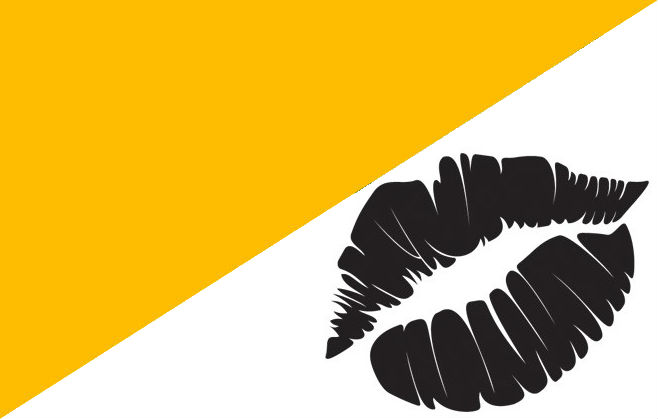
Is anonymous sharing the future of Social Media?
For those of us who prefer keeping a low-profile, (The Practice team included!) maintaining a discreet yet regular social media routine can be tiresome. With everything we do on Facebook, Twitter and Instagram in full view, it’s not surprising a wave of social platforms have emerged that offer complete anonymity.
One of the most successful social apps allowing its users complete privacy is LA-based Whisper. With financial investment already secured from the likes of Tencent, Shasta Ventures and Thrive Capital, the company is said to be valued at around $200 million. Whisper describes itself as, “a free, anonymous social platform for people who want to creatively share and connect with others over experiences, feelings, thoughts and dreams that they can’t communicate anywhere else.” Since 2013, the app has gone from strength to strength, receiving over 3.5 billion page views per month, and around 20 posts per second. Whisper essentially allows users to share memes expressing their secrets, within a 200-character word limit. For instance, a “Whisperer” may have a strong political opinion he or she wishes to share, and so could do so anonymously without feeling judged. When a user creates such a message, the app will try to match it with a corresponding image, resulting in a meme-style post. Users are able to comment on and like posts, as well as privately message each other if desired. And like Instagram for example, users are also able to search in accordance with a certain topic, featured posts, or by time and popularity.
And what about the competition? Just this year, we’ve also seen the emergence of the Silicon Valley-based Secret, another private sharing app. Secret, whose tagline is “Speak Freely”, also allows users to post confessional quotes accompanied by images in much the same way as Whisper. However, we prefer the look of Secret’s more sophisticated and cleaner design elements, making Whisper’s look sadly outdated in comparison. Unlike Whisper though, Secret’s initial success can largely be attributed to the volume of rumours spread about Silicon Valley start-ups, many posted by tech industry users. While the app currently appears to have a more limited demographic, it’s clear that Secret might soon start giving Whisper a run for its money- last month, expansion saw it launch outside the US into four big markets: the UK, Ireland, Australia and New Zealand.
We don’t think these apps spell an end for Facebook’s impressive run, or even pose a threat- they just seem to be a different and fun alternative for sharing anonymous secrets, gossip, and confessions. But we do think they have a future amongst young users, abating the certain social pressures that often come with online sharing. The sad fact of the matter is that it can be all too common for users to feel compelled into acting and appearing a certain way online, which can certainly account for the noticeable rise in social media “personae”. This is especially common on Instagram, with many users feeling coerced into presenting a false and immaculate image of themselves and their lifestyles. There’s also much to be argued for in using these apps as a form of stress release; we can imagine many users feel a sense of unburdening when posting sensitive information- could this really be the start of social media as a health or clinical aid?! We’d like to hope online sharing could soon have further positive benefits!
Do you think networks such as Whisper and Secret are good alternatives for those who dislike Facebook? Or do you think that they miss the point of what social media is really all about? We’d love to hear your thoughts as always, so please tweet to us @PracticeDigital and share your thoughts on our Facebook page.




